How to Stop Procrastinating and Get More Done?
Let’s face it: we all procrastinate. I even put off writing this article, and then I procrastinated on recording the podcast version too.
We’ve all been there, right?
Here are 5 simple tips to help you stop procrastinating, get out of that stuck feeling, and start working at your best.
Scroll down to keep reading, or you can open “5 Tips for Avoiding Procrastination” in your browser.
1. Cut Down on Decisions Throughout the Day
Every decision we make uses up energy. If you wake up and ask yourself, “What should I do today?” you’re already setting yourself up to procrastinate. If you don’t plan ahead, you’ll waste a lot of time figuring out what to do next.
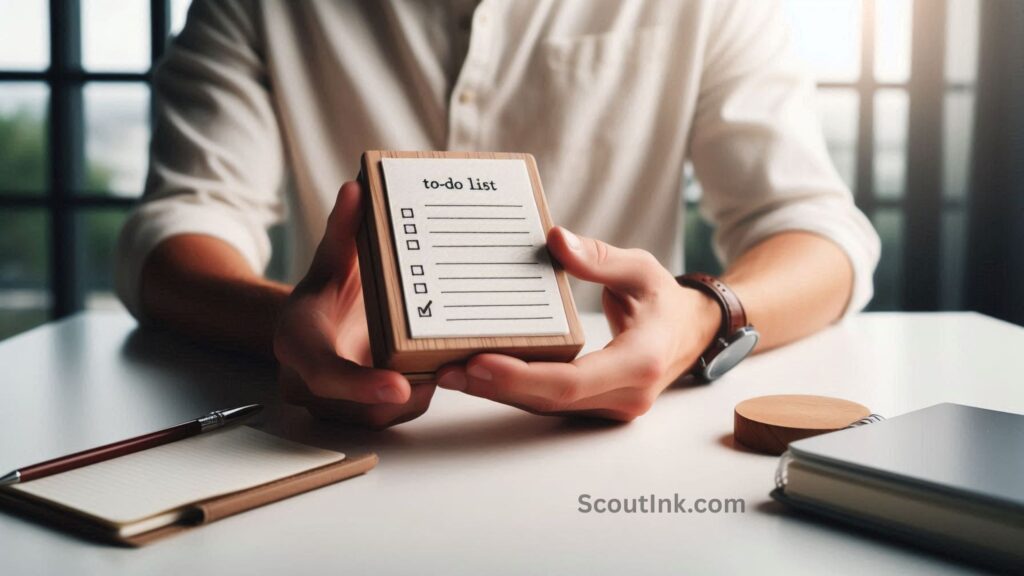
Should I go to the gym today or skip it?
Should I have lunch with Barry from Accounting, or just eat alone to finish my presentation?
What should I wear? What should I eat? Should I reply now or later?
We ask ourselves questions like this all day.
The problem is, decisions drain your energy. Every time you answer one, you use up your self-control, and it makes you tired. This leads to procrastination on the big, important things.
To stop procrastinating, try to make decisions ahead of time. Create habits for certain parts of your day so you don’t waste energy on small choices. For example:
- Plan which days you’ll exercise, instead of deciding each day.
- Pick out your clothes the night before.
- Decide the most important thing to do tomorrow and schedule time for it.

Also Read: How to Avoid Burnout While Working Remotely?
These little changes add up. What simple decisions can you plan ahead to save energy? The less time you spend deciding, the more energy you have to focus on important stuff, instead of wasting it on small, meaningless things.
2. Plan Your Day the Night Before
This tip follows from the first one. The best way to avoid procrastination is to plan your day ahead of time.

Instead of waking up and figuring out what you’ll do, spend a few minutes before bed to plan for the next day.
For example, every night I write down my plans for the next day, which include:
- My One Big Thing (OBT): This is the most important task or project I need to focus on.
- My No Matter Whats (NMWs): These are the habits I stick to every day, like exercise, meditation, reading, and spending time with family.
- Anything else I need to get done the next day.
That way, I know exactly what needs to get done, and I won’t procrastinate on the important stuff.

Also Read: 10 AI Tools that Boost Productivity in 2025
3. The Nothing Alternative
This tip comes from a crime novelist named Raymond Chandler, who struggled with procrastination. To help himself, he created a rule: every morning, he would give himself a choice—either write, or do nothing at all.

He said, “You don’t have to write, but you can’t do anything else. You can look out the window, stand on your head, or lie on the floor, but you can’t do anything else.”
The idea is simple: you either focus on your one task, or you do nothing. This might sound strange, but it works! Eventually, you’ll start working just to avoid the boredom of doing nothing.
So, pick your most important task for tomorrow and set aside 90 minutes of uninterrupted time to focus on it. No distractions—just pure focus.
4. Focus on One Small Action
David Allen, in his book Getting Things Done, talks about breaking tasks down into the very next action you need to take. It’s one of the best ways to overcome procrastination.
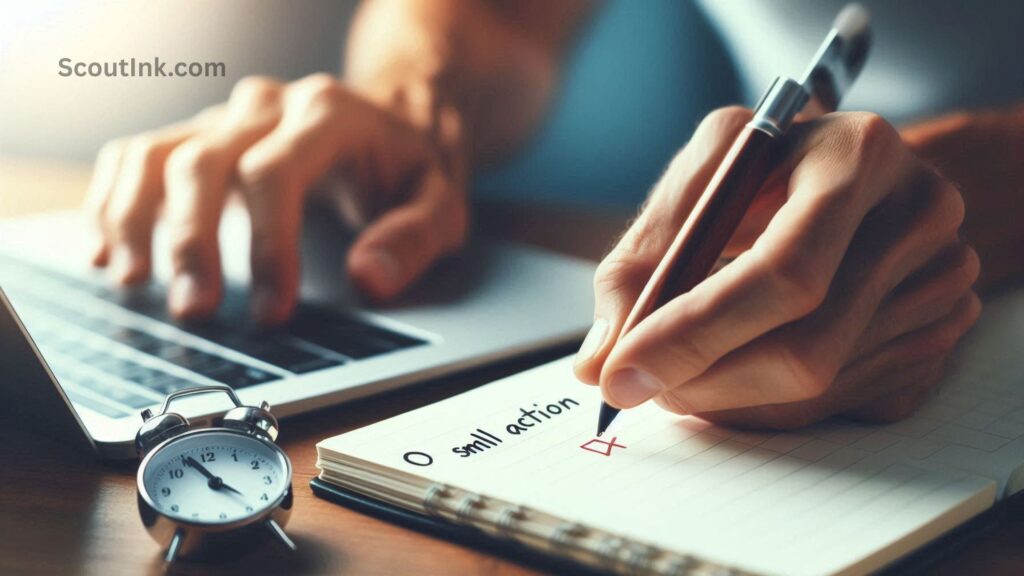
Instead of thinking about everything you need to do, just figure out the next small step you can take to move forward. For example, if you’re procrastinating on a presentation, instead of thinking about how much work is left, just focus on one tiny task—like searching for images to add.
By focusing on a simple action, you’ll feel more motivated and get more done. Even small steps can build momentum and help you stop procrastinating.

Also Read: How to Create the Perfect Work‑From‑Home Setup?
5. Change Your Environment
If you’re trying to avoid alcohol, you wouldn’t keep booze around, right? Similarly, to stop procrastinating, you need to remove the things that tempt you.
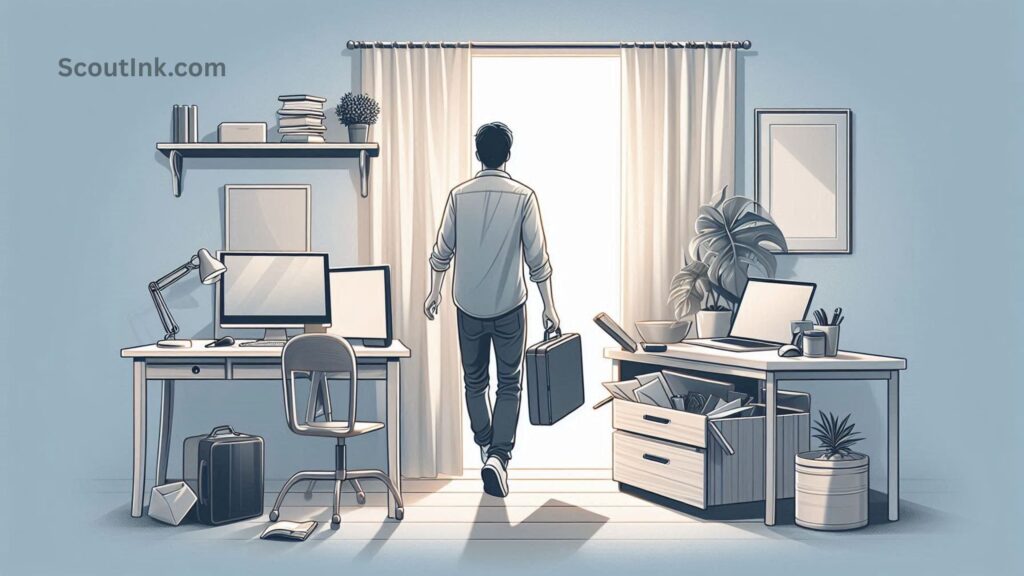
If you can’t focus in public places, find a quiet spot. If you’re easily distracted by your phone, put it away in a drawer, or turn off notifications on your devices.
For me, I used to keep my phone on my desk in Do Not Disturb mode, but I still found myself checking it. Now, I put it in a drawer, and I only check it if I get up. I also disable notifications on my computer and stop wearing my Apple Watch unless I’m working out.
If you want to stay focused, you need to unplug from distractions before you can plug into your work.
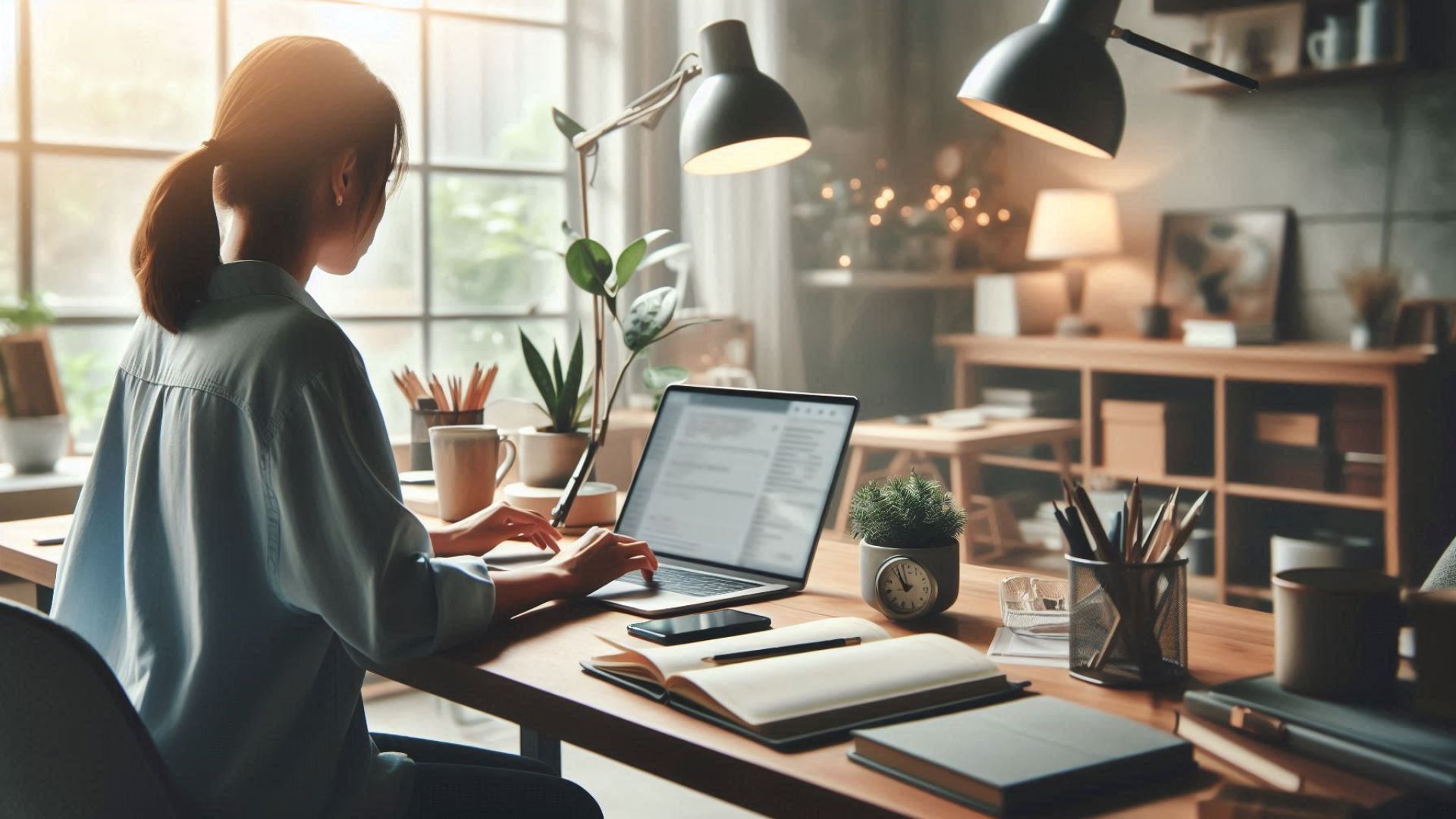
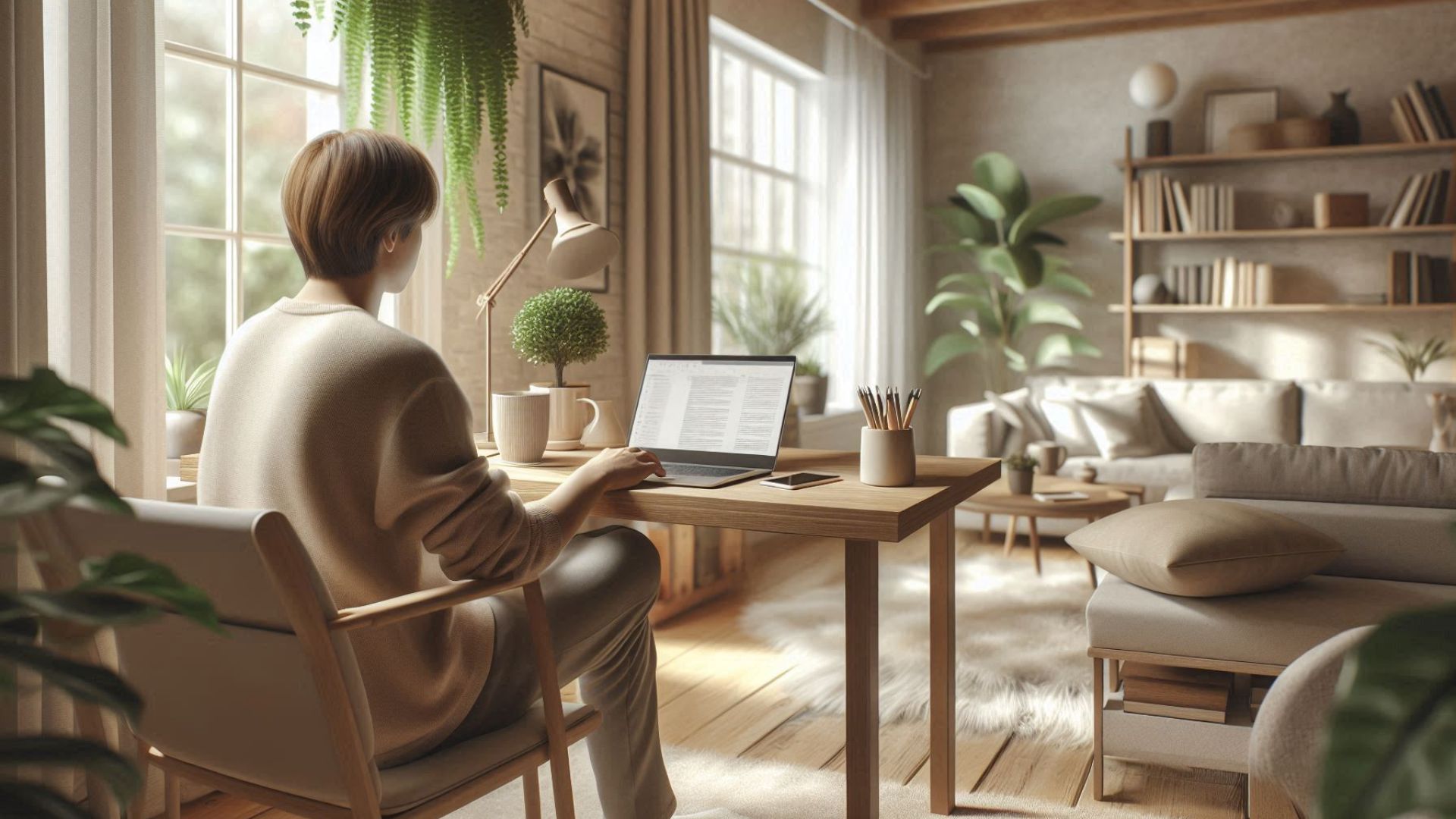
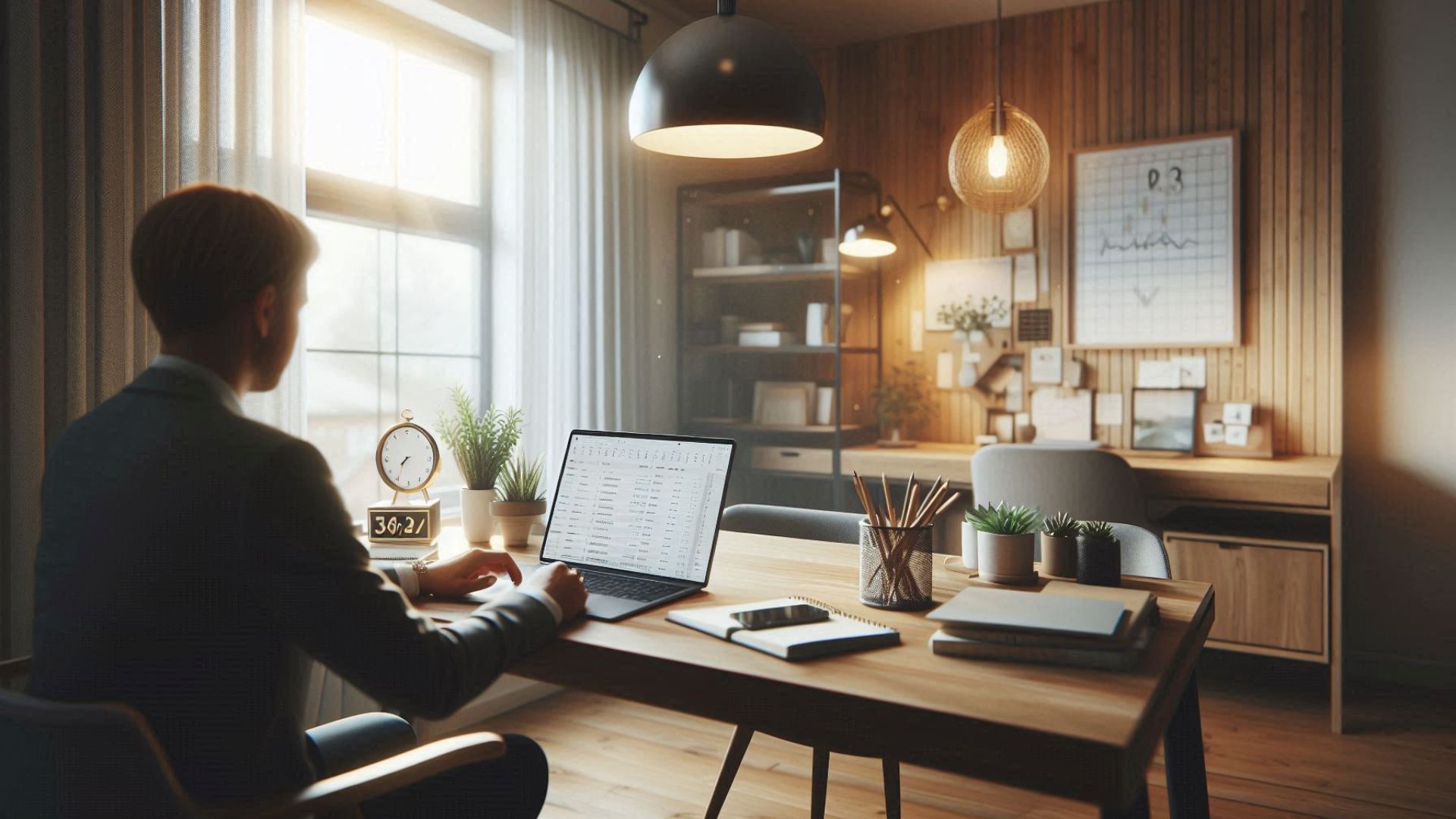
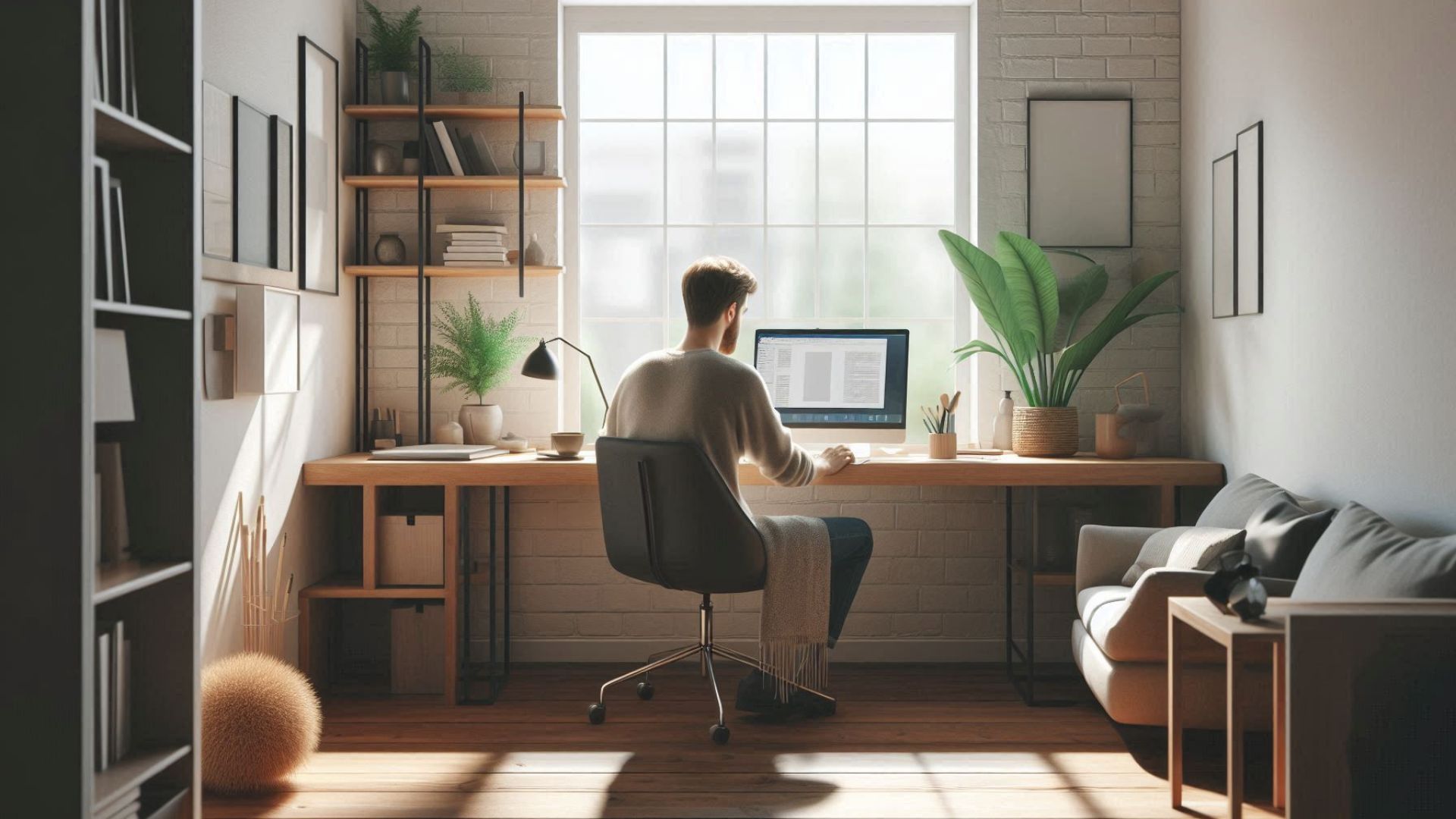
Post Comment